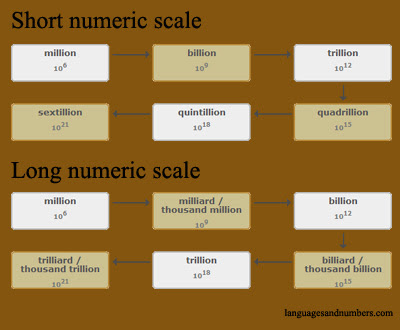Translating a website via a list of sentences or segments is sometimes quite dry to say the least. The provided files in textual mode, from Excel spreadsheets to Gettext .po, do not allow the translator to see how the translated text will be rendered in its environment: the interface.
How can we know for instance if a shorter wording would be more judicious when the text is displayed within a menu tab? Such sentence would be catchier as a page title, other would gain to be optimized for search engines, or more explanatory for a site map.
There is never only one possible translation, nor a best one that would fit in every situations: each translation must be adapted for an audience, a specific use, an aim, a layout, a context.

























 Launched yesterday (on February 7) in its test phase,
Launched yesterday (on February 7) in its test phase, 
 This
This